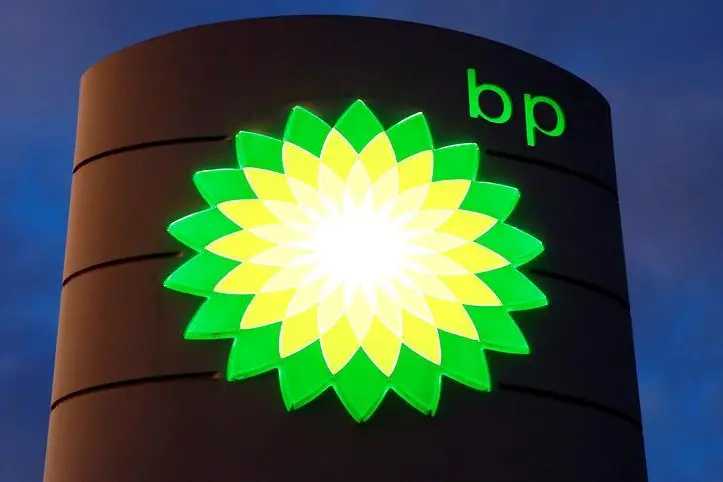PHOTO
(The author is a Reuters Breakingviews columnist. The opinions expressed are his own.)
LONDON - Bernard Looney’s big chemicals sale repays closer inspection. On the face of it, the BP chief executive is selling out of one of the oil sector’s few growth areas via a panicky sale to raise cash, in order to pay a dividend he’s too scared to cut. The reality looks more nuanced.
It’s true that so-called “petchems” could be a growth area for someone. In 2018, the International Energy Agency suggested the business of refining oil into products like plastic could account for nearly half the overall growth in global demand to 2050. But while rivals have been positioning themselves accordingly – Saudi Aramco’s recent $70 billion swoop for Saudi Basic Industries Corporation, for example – BP was already off the pace. It already sold most of its petrochemical assets to Ineos in 2005, so would have had to find a partner and aggressively invest to play a meaningful role.
The $5 billion Looney has fetched for the assets is over 12 times the $396 million of operating profit they generated in 2019. That’s in line with the average multiple of a six-strong bunch of chemicals rivals including SABIC, Dow and BASF. Still, Akzo Nobel offloaded its speciality chemicals business in 2018 to Carlyle Group and GIC for almost 15 times 2017 operating profit.
As such Ineos has probably got the better deal, especially as it doesn’t have to pay everything upfront. Assume its newly acquired businesses sustainably make $600 million of operating profit, in line with the average of the last three years, and have a tax rate of 20%, then the return on invested capital would be just under 10%. And billionaire owner Jim Ratcliffe could juice this with synergies.
That doesn’t mean Looney has goofed. In recent weeks, BP has announced a $17.5 billion write-down after reducing the long-term oil price used to value its assets, and assumed a carbon price of $100 a tonne by 2030. Though he hasn’t spelt out how he will hit emissions reductions targets, the realistic estimates indicate Looney has already made his zero-carbon bed. The main question is whether he has enough firepower to invest in low-carbon technologies while keeping shareholders on side with a meaty $8 billion annual dividend. An extra $5 billion of cash, on top of $12 billion of recently raised hybrid debt, suggest he might.
CONTEXT NEWS
- BP said on June 29 it would sell its global petrochemicals business to Ineos for $5 billion.
- Ineos will pay a deposit of $400 million and a further $3.6 billion on completion of the deal, which is expected by the end of the year. The remaining $1 billion will be paid in instalments in 2021.
- Plastics and other petrochemical products will drive global oil demand to 2050, offsetting slower consumption of motor fuel, the International Energy Agency said in a 2018 report.
- The move means BP has hit its $15 billion asset sales target a year ahead of schedule. The company’s shares rose 3.2% to 314 pence as of 1300 GMT on June 29.
(The author is a Reuters Breakingviews columnist. The opinions expressed are his own.)
(Editing by Neil Unmack and Oliver Taslic) ((george.hay@thomsonreuters.com; Reuters Messaging: george.hay.thomsonreuters.com@reuters.net))





















